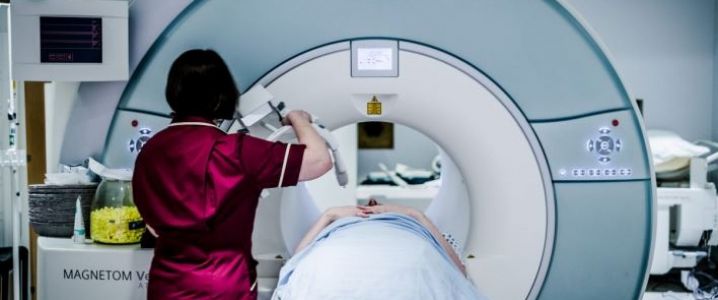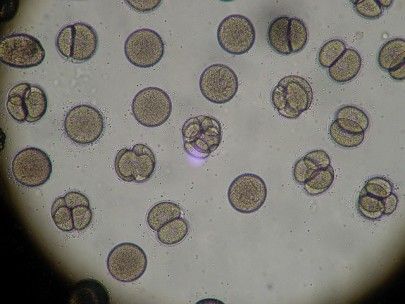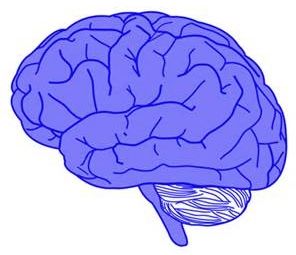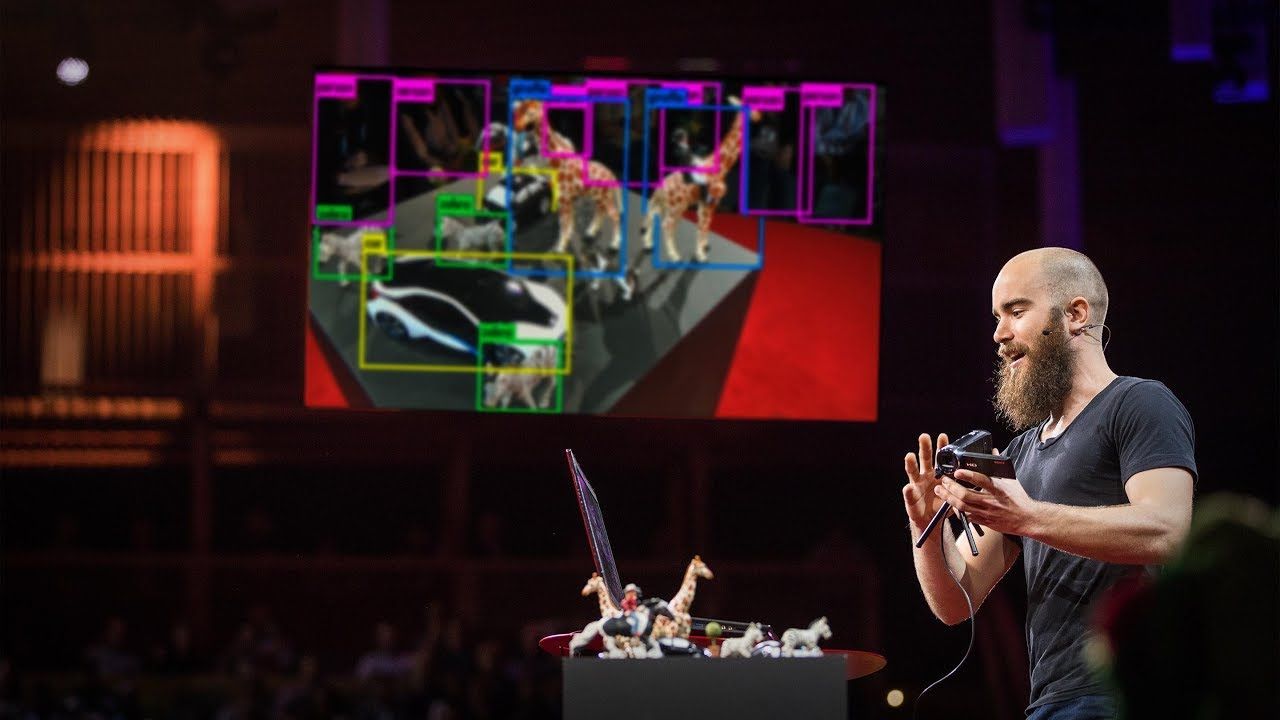Sep 12, 2017
‘Inspirational’ robots to begin replacing teachers within 10 years
Posted by Carse Peel in categories: education, robotics/AI
R obots will begin replacing teachers in the classroom within the next ten years as part of a revolution in one-to-one learning, a leading educationalist has predicted.
Sir Anthony Seldon, Vice-Chancellor of the University of Buckingham, said intelligent machines that adapt to suit the learning styles of individual children will soon render traditional academic teaching all but redundant.
The former Master of Wellington College said programmes currently being developed in Silicon Valley will learn to read the brains and facial expressions of pupils, adapting the method of communication to what works best for them.
Continue reading “‘Inspirational’ robots to begin replacing teachers within 10 years” »


















